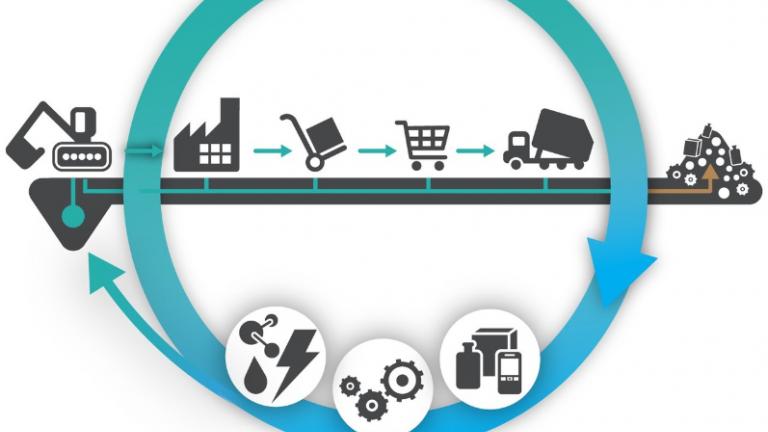
MIT Climate CoLab, ICLEI-Local Governments for Sustainability and the City of Montréal announced their congratulations to RecyApp for winning both the Judges’ Choice and the Popular Choice Awards for the MIT Climate CoLab contest on circular economy. The contest sought innovative solutions through projects, initiatives, technologies or strategies that could facilitate the transition of cities and neighbourhoods towards a circular economy.
About the winning proposal:
Statistics show that only 17% of Colombians recycle waste, yet over 80% are concerned about waste separation. Nearly three quarters of Colombians have smart phones, and more than half have access to internet at home. More importantly, 19% and 29% of daily waste in Bogota and Medellin respectively is diverted from landfills thanks to street recyclers. With this information, RecyApp was created to connect micro, small and medium enterprises, and families, with street recyclers. The aim is to encourage recycling within communities and at the same time ensuring street recyclers have a safe job and a reliable source of income. The contest winner is invited to present this creative solution at the ICLEI World Congress 2018 held next week in Montreal from June 19-22.
You can learn more about the winning proposal here: https://www.climatecolab.org/contests/2018/circular-economy-economie-ci…
About the MIT Climate CoLab contest on circular economy:
Accounting for over 70% of global GHG emissions, cities, as centers of global economic growth, need to actively address the urban economy and the consumption habits of citizens to reduce its carbon footprint (UN-Habitat 2016; Paris City Hall Declaration 2015). According to the EDDEC Institute, a circular economy is a “system of production, exchange and consumption aimed at optimizing the use of resources at all stages of the life cycle of a good or a service, in a circular way, while reducing the environmental footprint and contributing to the well-being of individuals and communities” (2016). The Ville de Montréal and many around the world are working towards and facilitating this transition.
Forty-three project applications were evaluated according to feasibility, novelty, impact and presentation quality by five renown experts from around the globe. After having the opportunity to improve their proposals, eight projects were selected to move forward as semi-finalists. A last round of evaluation led to two projects being chosen as finalists.
Thank you to all the participants who entered the contest. We wish you much success in your endeavours!






